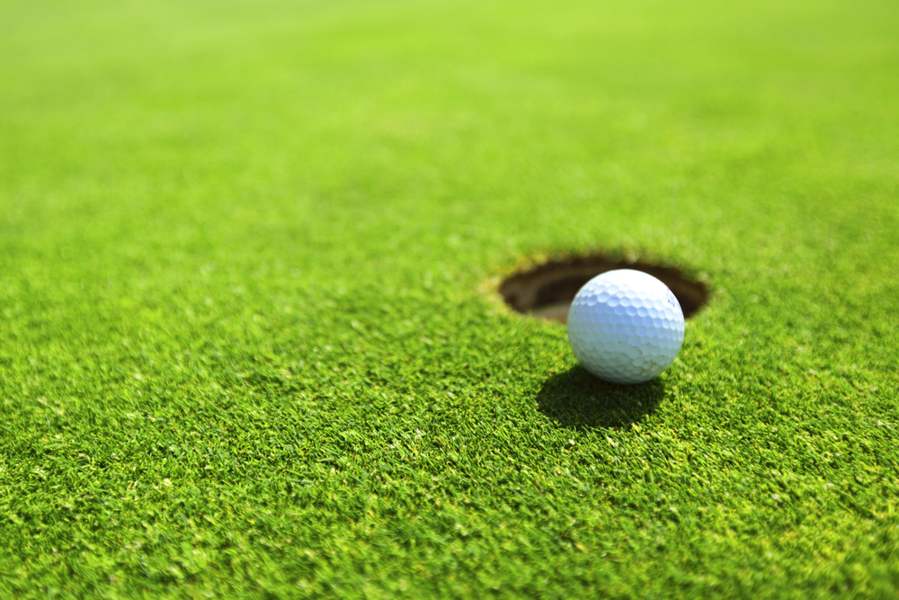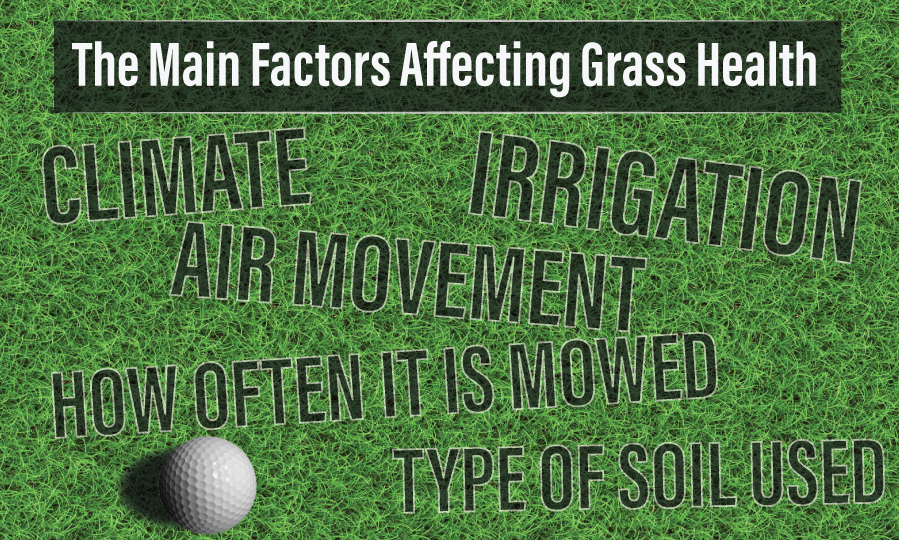The Main Types of Grass in Golf
Grass is probably the most overlooked feature of golf. When golfers play from the fairway, tee, rough or green – the majority do not think about the turf that they are playing on. Golf clubs and courses on the other hand give a huge consideration to the type or types of grass they use. Their grass selection is usually based upon a range of factors such as water availability, climate and soil type. Here at GolfSupport.com we provide the comprehensive insights.
The Main Types Of Grass In Golf

Photo Credit: Yellowj / Shutterstock
Bermuda Grass
Bermuda grass is adopted to tropical and subtropical climates therefore is used in warm-weather golf courses and club locations. Similarly, due to certain warm climates having a lack of rainfall, it is also ideal because of its resistance to droughts.
Further on, bermuda grass also has an immense ability to tolerate heat and grows best under long durations of high temperatures. Whilst the grass can tolerate mild winters and rainfall, it cannot withstand low winter temperatures. Temperatures below freezing lead to the Bermuda grass discolouring as well as the stems and leaves being killed.
Bent Grass
Bent grass has numerous varieties. Bent grass is highly durable, it can withstand having a huge number of players on the golf course without any real damage. Bent grass can be mowed very short and its fine texture allows it to stay its natural green colour with very little water. It’s a grass which is well adapted for cool summer and coastal locations.
Zoysia Grass
Zoysia grass can resist a lot of heat as well as lengthy droughts. It does significantly grow slower compared to a lot of other grasses. Since it is very stiff, it can handle a lot of wear caused by golfer’s foot traffic. At many golf clubs and courses it is especially used on tee boxes, fairways and roughs.
Rye Grass
A lot of golf clubs and courses use rye grass exclusively for roughs and fairways. It is a grass which is hard wearing and is able to endure close and narrow mowing. It also has a smooth texture and more often than not is found at golf clubs and courses in cool-summer regions. Rye grass though does have its limitations, if ground temperatures reach below freezing than it will unfortunately die.
A Very Interesting Fact
Golf course designers can increase or decrease the difficulty of a course by deciding how often and at what height the grass should be cut.
The Main Factors Affecting Grass Health

Conclusion
With grass being the most underrated aspect of golf in terms of participant and spectator appreciation, it’s contribution towards player performance is monumental. With the different types of grass setting in motion their own unique ability to affect each golf clubs and courses quality of play, understanding their influence towards various different golfing variables becomes invaluable.








